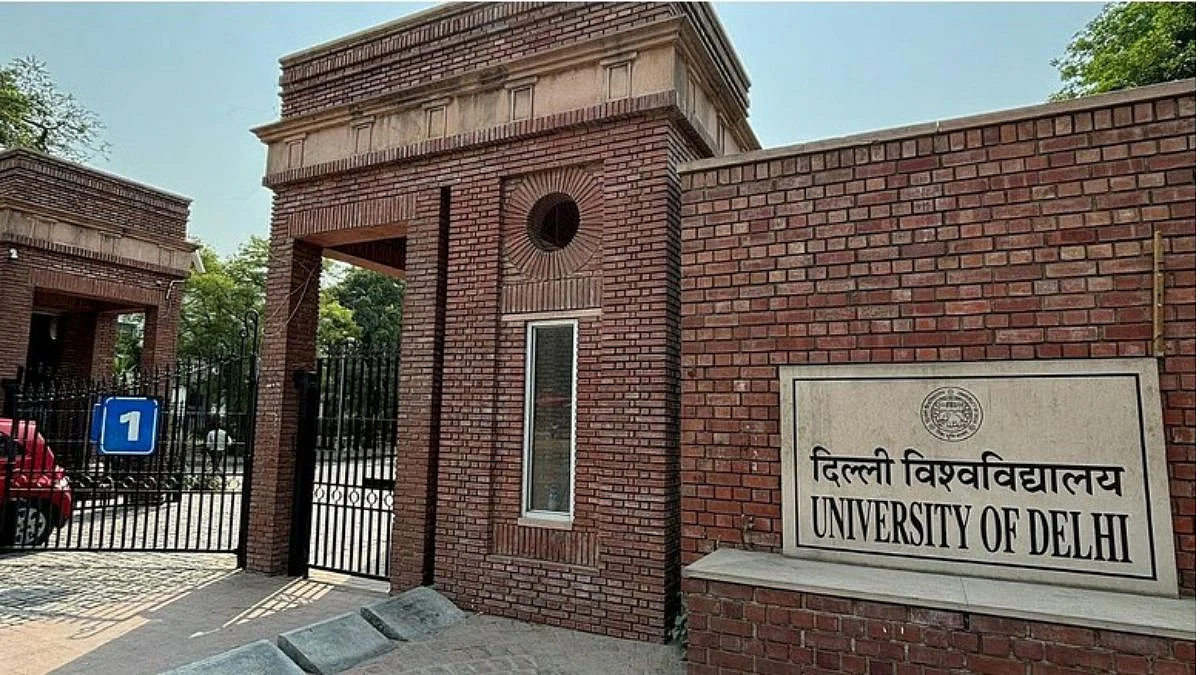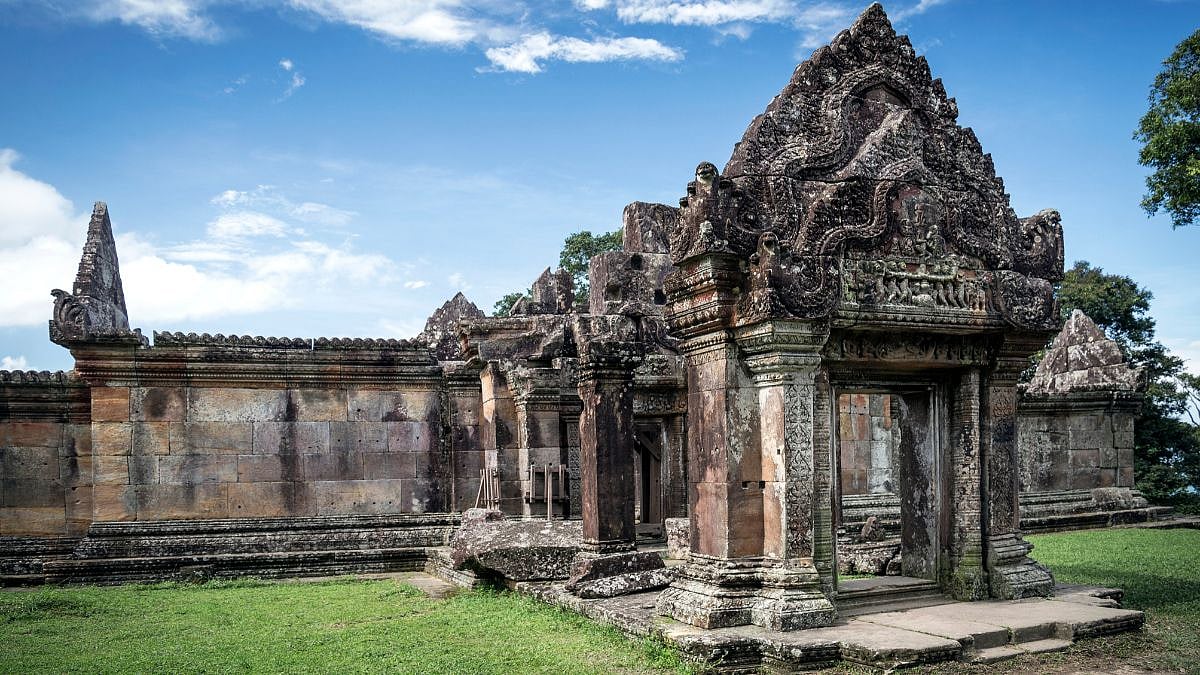World Asteroid Day is observed every year on June 30 to raise awareness about asteroids and the potential hazards they pose to Earth. The day aims to educate the public about space science, asteroid impact risks, and the importance of space monitoring.
Origin
World Asteroid Day was officially declared by the United Nations General Assembly in 2016. The date June 30 was chosen to mark the anniversary of the Tunguska event, a massive asteroid explosion that occurred over Siberia in 1908, flattening around 2,000 square kilometers of forest. The day was co-founded by scientist Dr. Brian May (also the lead guitarist of the band Queen), filmmaker Grig Richters, and other astronauts and researchers.
Significance
The main goal of World Asteroid Day is to spread knowledge about the scientific importance of asteroids, their role in the solar system's history, and the need to track near-Earth objects (NEOs). It also highlights efforts by space agencies like NASA, ESA, and others who work on asteroid detection and planetary defense.
Understanding asteroids helps scientists learn about the early solar system, as many asteroids are made of ancient materials. More importantly, early detection of potential asteroid threats can help in developing strategies to prevent possible impacts in the future.

World Asteroid Day | Photo Credit: NASA
Events and awareness campaigns
On this day, space organisations, schools, and science centers worldwide organize webinars, lectures, educational activities, and online discussions. Experts share insights on space missions like NASA's DART mission or ESA’s Hera mission, which focus on asteroid deflection techniques.
World Asteroid Day 2025 is a reminder of our planet’s vulnerability to space hazards and the ongoing scientific efforts to protect Earth through research, observation, and global cooperation.











